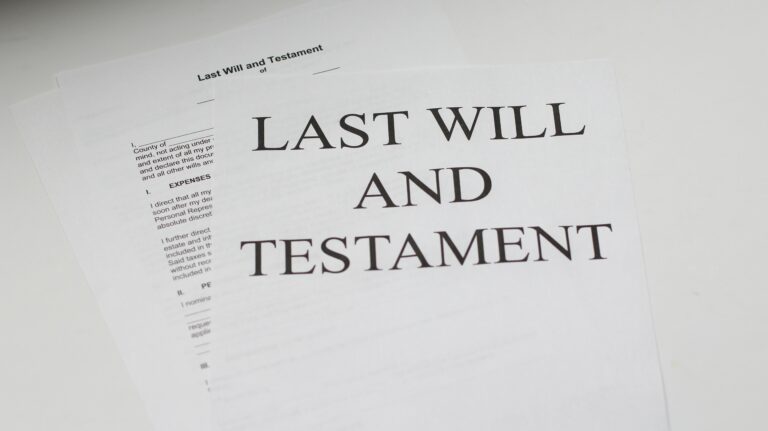
Is Estate Planning and Writing Will the Same Thing?
An estate plan is a broader plan for your assets that may apply during your life as well as after your death. A will states where your assets will pass after you die, who will be the guardian of your minor children and other directions. A will is often part of an estate plan, but an estate plan covers much more.
Yahoo’s recent article entitled “How Is Estate Planning Different From Will Planning?” says that if you’re thinking about writing your will or creating an estate plan, it can be a good idea to speak with an experienced estate planning attorney.
A will is a legal document that describes the way you want your assets transferred after your death. It can also state your wishes when it comes to how your minor children will be cared after your death. Wills also nominate an executor who’s in charge of carrying out the actions in your will.
Without a will, your heirs may spend significant time, money and energy trying to determine how to divide up your assets through the probate court. When you die intestate, the succession laws where you reside determine how your property is divided.
Estate planning is much broader and more complex than writing a will. A will is a single tool, and an estate plan involves multiple tools, such as powers of attorney, advance directives and trusts.
Estate planning may include thinking through topics even beyond legal documents, like deciding who has the power to make healthcare decisions on your behalf while you’re alive, in addition to deciding how your assets will be distributed after your death.
Therefore, wills are part of an estate plan. However, an estate plan is more than just a will.
A will is just a first step when it comes to creating an estate plan. To leave your family in the best position after your death, create a comprehensive estate plan, so your assets can end up where you want them.
Reference: Yahoo (Oct. 20, 2022) “How Is Estate Planning Different From Will Planning?”









